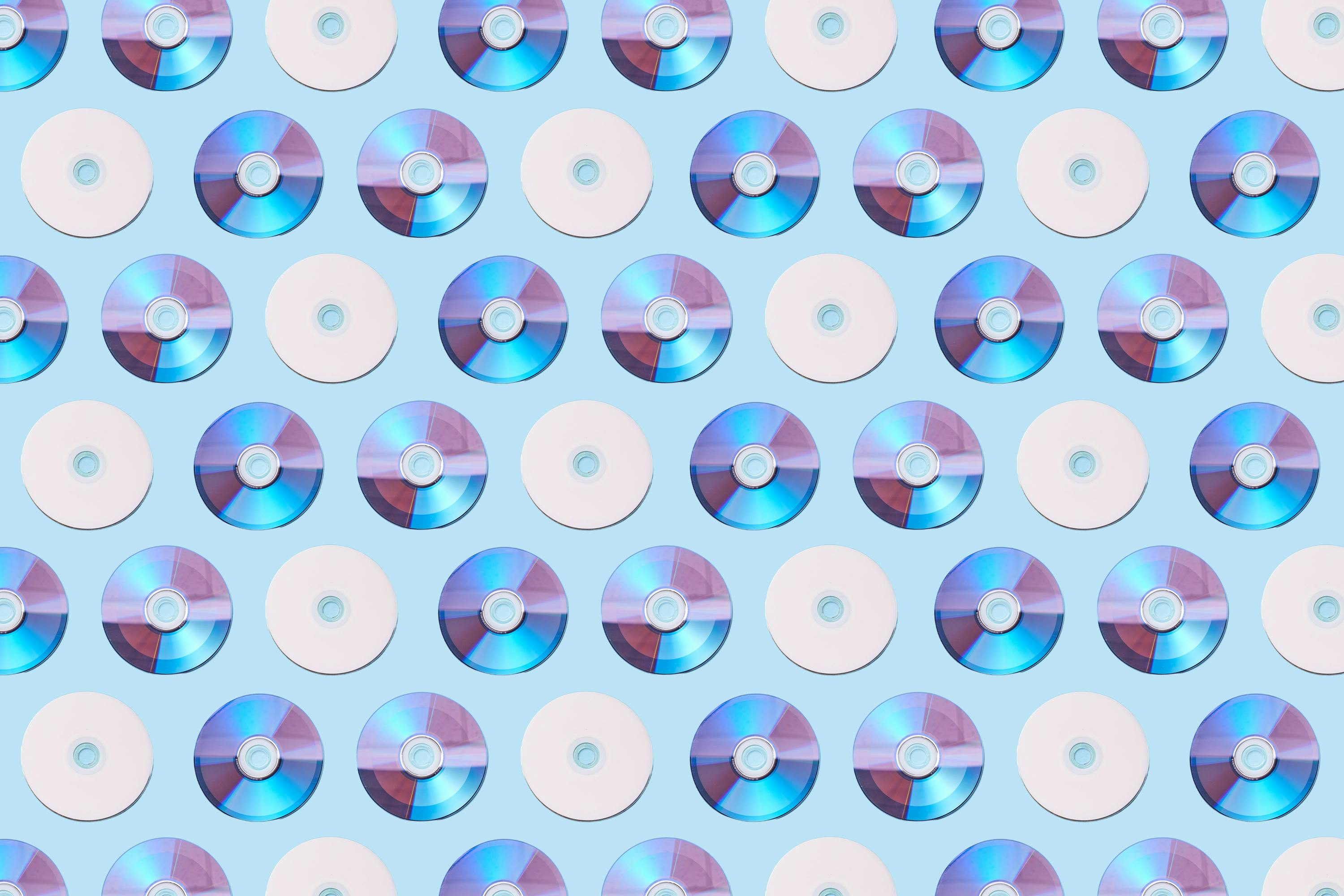CDs now outsell digital downloads 3 to 1 – but why?
Digital download sales have declined for the 15th year straight, being outpaced even by the humble CD.
In a surprising twist, CDs have made a slight resurgence, now outselling digital downloads by a ratio of 3 to 1. The RIAA’s mid-year 2024 report revealed that while digital download sales continue to decline, CD sales have grown by 3.3%, with 17 million units sold, contributing $236 million in revenue.
What may be even more surprising is who is actually buying these little plastic discs from days of yore. This resurgence is driven largely by Gen Z buyers, with 43% of CD purchases coming from those under 35. For independent musicians, this trend could offer ‘fresh’ (very inverted commas) opportunities to engage with their audience through affordable physical formats.
So why on earth is this happening, anyway?
One major factor fuelling the return of CDs is nostalgia. For many younger listeners, CDs represent a tangible connection to the past, a time they may not have personally experienced but find appealing. Owning physical music is also gaining importance in an era where digital media can be fleeting. This ownership of a physical item, like a CD, adds value beyond just the music – it’s a collectible and a keepsake that streaming can’t quite replicate.
The success of top artists, such as Taylor Swift, has also played a part in this trend. Swift’s 2024 album “The Tortured Poets Department” sold 2.47 million CD copies, showing that CDs can, weirdly, still be a lucrative format for artists.
From a sound quality perspective, some audiophiles prefer CDs because they provide uncompressed audio, superior to streaming or digital downloads. While some streaming services offer higher resolution audio, many of these lossless services come at an increased cost. As a result, many fans are turning to actual CDs to get CD-quality audio. Since CDs remain more affordable than vinyl, budget-restricted fans are able to build a physical music collection without breaking the bank.
However, most cars these days don’t come with a CD play built in, and many of us no longer own CD players or Walkmans (surely?). So, perhaps the new wave of CD ownership is purely about just that, ownership, rather than the audio experience. Who knows, though. Are we about to see a surge in the production of CD players as well?
For independent musicians, this renewed interest in CDs presents an opportunity to reconsider physical releases as part of their marketing and distribution strategies. With fans increasingly willing to buy physical products, offering CDs, especially for special releases or limited editions, can create a more personal connection with listeners. Plus, CDs can serve as part of a multi-tiered approach to selling music, offering something more tangible than streaming, without the higher costs associated with producing vinyl.
